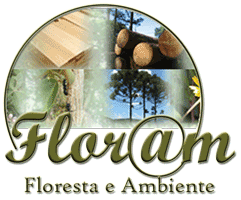ABSTRACT
Natural products have been studied in order to ensure environmental sustainability, human health, and diminish the use of traditional products. The objective of this study was to evaluate the efficiency of pure andiroba (Carapa guianensis), copaiba (Copaifera langsdorffii) and jatropha (Jatropha curcas) oils and enriched with iodine (I2) on the biological resistance of Pinus elliottii wood to dry-wood termites (Cryptotermes brevis). The oils were enriched with 1%, 3%, and 5% of I2 and impregnated into the wood by cold immersion. The treated samples were subjected to volatilization and leaching. Volatilization and leaching did not affect the loss of mass caused by termites, except for treatments with pure and enriched with 1% iodine copaiba oil. Leached samples were more damaged. The addition of iodine to the oils resulted in a greater efficiency against termites. Andiroba (3% and 5% I2) and jatropha oils (5%) were the most efficient, providing total termite mortality.
Keywords:
wood durability; biological testing; dry-wood termites

 Thumbnail
Thumbnail
